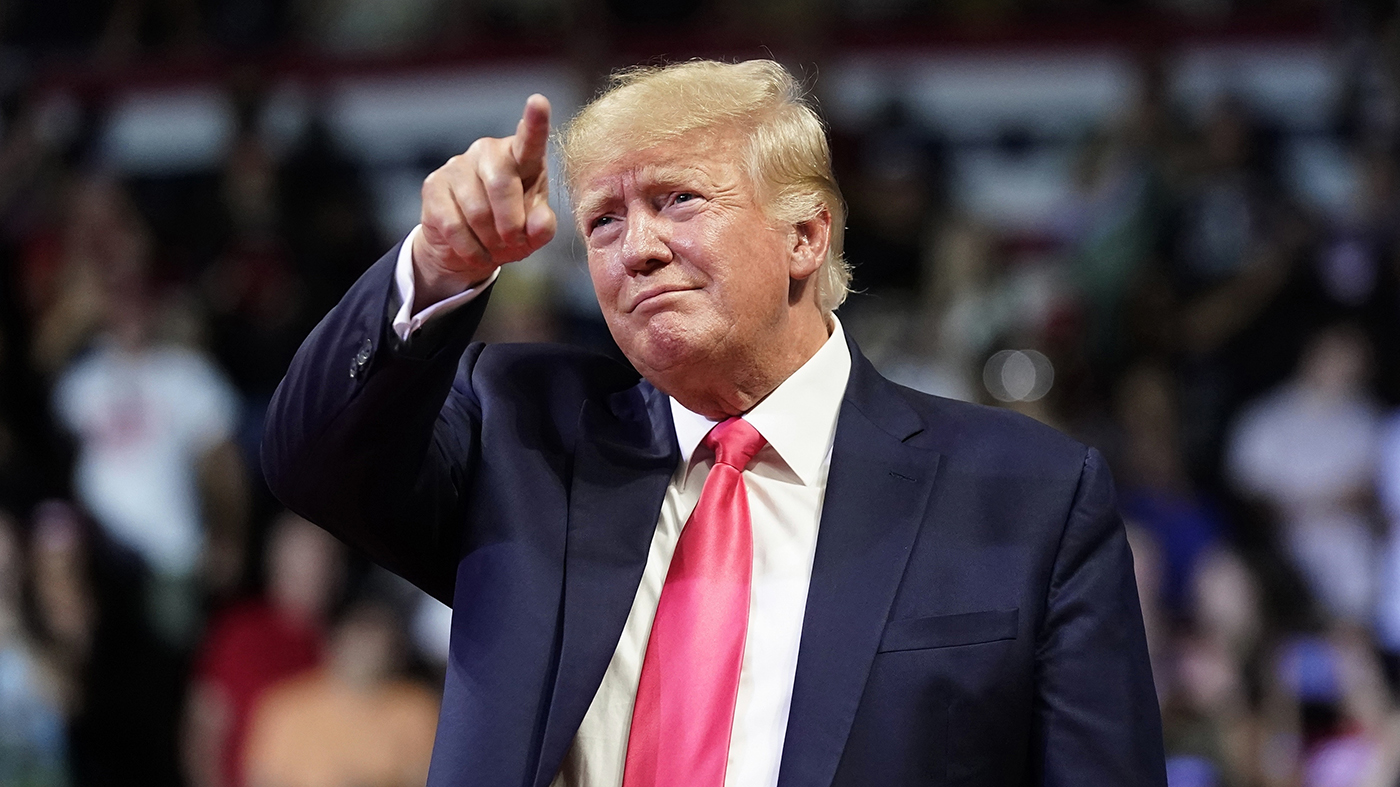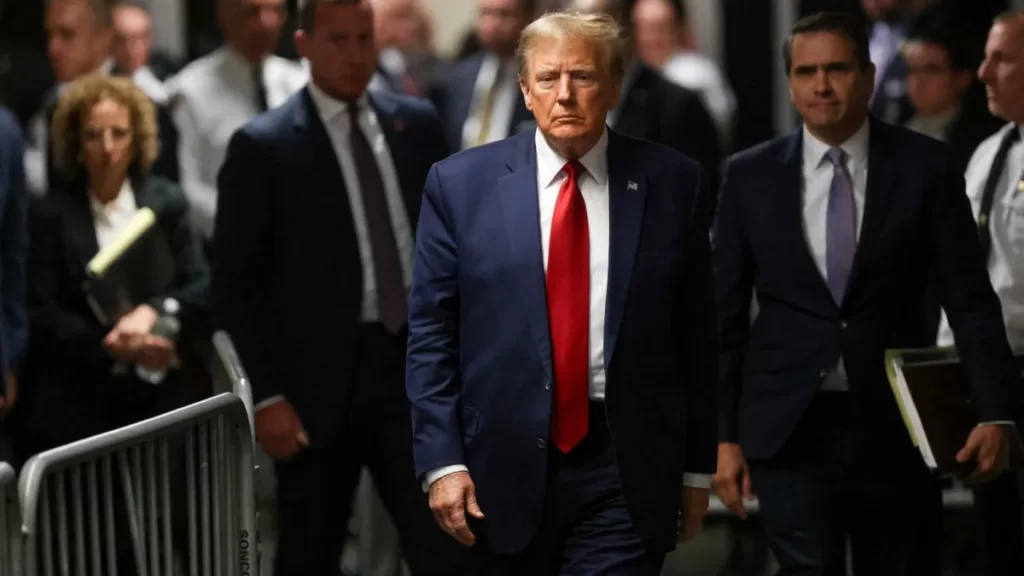In his analysis, Ashutosh Varshney examines the policies and rhetoric of former U.S. President Donald Trump, emphasizing how his administration was marked by a decline in racial inclusivity and a more restrictive stance on immigration. Varshney argues that Trump’s presidency witnessed a rise in divisive rhetoric, which often alienated minority communities and emboldened racial tensions within the United States.

Source:- bbc news
One of the key points Varshney highlights is Trump’s rhetoric, which frequently undermined the progress made in racial inclusivity. His statements, particularly during moments of national unrest, such as his response to the Charlottesville riots, were often seen as tacit support for white nationalist groups. This was compounded by his administration’s policies, which included a ban on travelers from several Muslim-majority countries and efforts to curb the Deferred Action for Childhood Arrivals (DACA) program, affecting many young undocumented immigrants.
Source:- news 18
On immigration, Varshney notes that Trump’s “America First” policy dramatically shifted the U.S.’s approach to newcomers, focusing on security concerns over humanitarian values. His administration implemented stricter immigration laws, including family separations at the border, and took a hardline stance against illegal immigration. The “build the wall” mantra became a symbol of his efforts to limit immigration, even as the country faced demographic challenges that immigration could help address.
Varshney concludes that Trump’s tenure, while economically successful for some, left a legacy of deepening divides. His policies were often viewed as harmful to racial minorities and immigrants, marking a stark contrast to previous administrations that had embraced a more inclusive approach to both race and immigration.
Share your views in the comments

